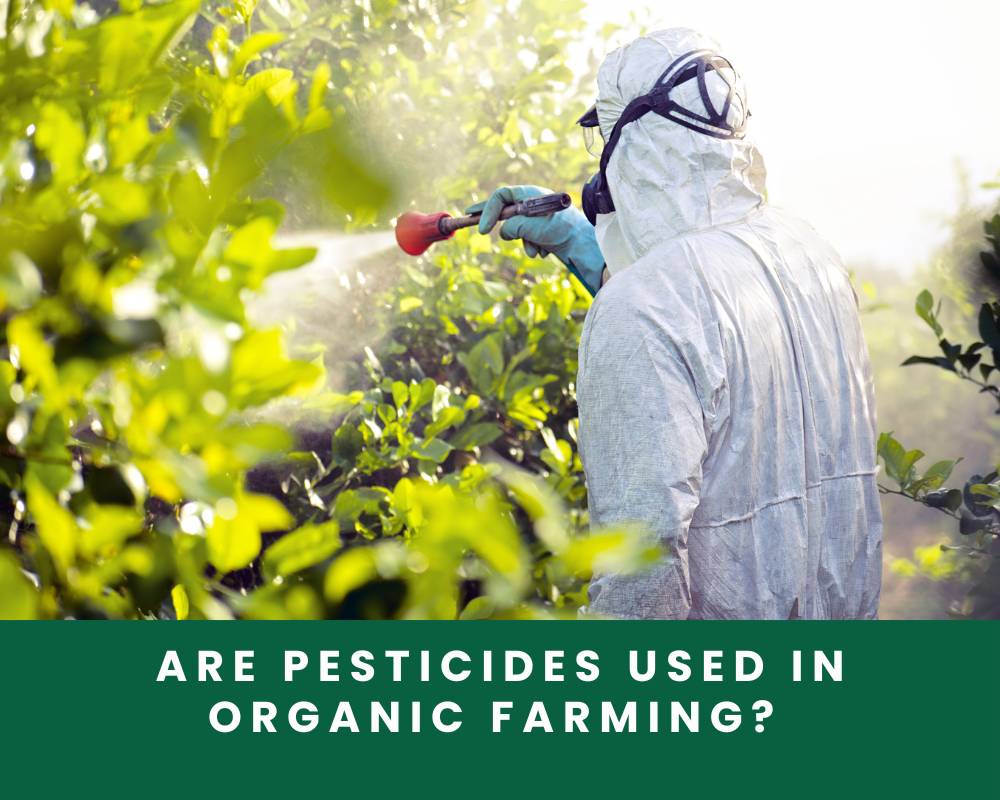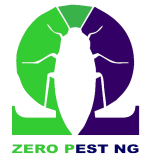
Organic farming is a type of farming that uses ecologically based pest control and biological fertilizer mostly from plants and animal waste. This came about as a response to environmental harm which was caused by the use of pesticides and fertilizers. It was noticed that this was harming the environment, so organic farming came about.
When compared with conventional agriculture, organic farming of course is much more healthy and environment friendly. This is because this type of farming uses fewer pesticides, no artificial fertilizers are used and so it makes for better and well-grown crops. It also leads to higher food costs for consumers.
A decade ago, organic farming did not exist, and a few years back, organic food and beverages made over $26.7 billion in sales. The increase in this price is because many people believe that buying organic food produced over conventional one is much more healthy and the best food option.
This whole system of organic farming is very different from the conventional way of farming that we are all used to. Certain chemicals can be used for organic farming, but this does not mean that it is particularly harmful to the crops.
A little bit of chemical in a measured amount is allowed, and the emphasis should be on a ‘closed input’ approach since it’s recognized that even acceptable inputs have the potential to add some form of contamination if used carelessly.
Is the Usage Of Pesticides Necessary in Organic Farming?
Organic farming is one of the best farming practices around, and even with this, it is still hard to control every pest problem.
You’ll need some specific kinds of chemicals to get rid of pets if you would like your farm to be intact by the end of the farming season.
With organic farming, the main aim is to cut down the usage of pesticides and other chemicals completely, but this is not very realistic. Some chemicals are very much needed to grow crops.
The fact that organic farmers do not use pesticides is a myth that should not at all be believed. Pesticides and herbicides help control pests, fungi, weeds, rodents, and bacteria that can affect and harm the crop.
So all in all, organic farmers only use pesticides after they have done all forms of preventive measures to their crops and nothing works. There is only a lot that the farmer can do before they move on to another standard form of control.
The use of most synthetic pesticides is prohibited, but oftentimes, things are not just white and black, and in some special circumstances synthetic pesticides can be used under very controlled applications.
What pesticides are allowed for organic farming?
Below is a list of ingredients that are used as organic farming pesticides:
Neem
Neem is organic, as it is not very toxic to mammals and it is one of the best organic pesticides you can use on your crops. It can be used to control so many pests like whiteflies, loopers, caterpillars, mealy bugs and so many more. It can be used on most greens, ornaments, food crops, and so many others.
Pyrethrum/Pyrethrins
Pyrethrum is one of the most widely used organic chemicals in the world and it has an active ingredient of Pyrethrins which is obtained from a chrysanthemum plant.
These pesticides are quick to kill and get rid of quite a several insects that are resistant to other pesticides. Flying insects instantly drop when they come in contact with these pesticides and they die a few minutes after.
If you’re looking for strong pesticides to get rid of the nuisances on your farmland, then this pesticide is certainly.
Sulphur
Being one of the oldest pesticides to be used, Sulphur has definitely lived up to its name as it gets rid of pesticides that roam around farmlands.
It can be used in any form of solution depending on how you want it to be used and it kills mites, thrips, caterpillars and so many others. It is non-toxic to mammals but can cause irritation of the skin when exposed to it.
Others are;
- Boric acid
- Onion
- Cotton gluten
- Copper
- Bacillus subtilis
- Bacillus thuringiensis
- Garlic
- Beer
- Tobacco water
- Neem
- Kaolin clay
- Lime sulphur
- Vitamin D3
Benefits of Organic Pesticides
The points below are some benefits of organic pesticide usage:
1. It is better for the environment
The whole point of organic farming is to have a better environment, so this would certainly be a major benefit of the use of organic pesticides.
Sure, chemical sprays are effective and they do their job and get the work done, but they have very harmful effects on the environment. Organic pesticides are much safer and better for the environment in general.
2. It reduces manual labor
The time spent weeding and also carrying out manual labor along the farm could be used doing other useful things, which is why organic pesticides are so beneficial.
3. It controls pests and insects
The use of a pesticide is to get rid of farm pests and insects and that is exactly what organic pesticides do. They not only get rid of pests, but they are also beneficial to the environment too.
4. Pest are less likely to develop resistance
It is known that most pests are becoming slowly resistant to the chemicals that are used in regular pesticides, but with organic pesticides, pests are not likely to develop resistance.
Conclusion
Basically, most farmlands need pesticides to work well, whether it is for organic farming or conventional farming. The major difference between the pesticides used in both is the chemicals.
